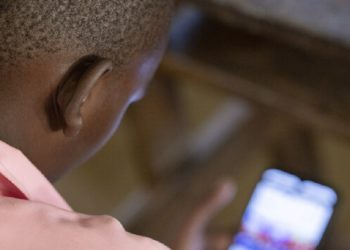In a welcome relief for thousands of Kenyan parents, the government has officially reversed its earlier plan requiring families to pay examination fees for primary and secondary school learners. The decision, announced by the Ministry of Education on May 27, 2025, comes after intense public pressure and concern over the financial burden the policy would have placed on already struggling households.
Initially, the government had proposed a shift in policy that would see parents bear the cost of national examinations—KCPE and KCSE—starting with the 2025 academic year. This move was aimed at helping reduce the Ministry’s expenditure and redirect funds to other pressing education sector needs. However, the plan was met with backlash from education stakeholders, civil society groups, and members of the public who argued that it would hinder access to education for children from low-income families.
Education Cabinet Secretary Ezekiel Machogu stated that the government had listened to the public outcry and reconsidered its position. “We are committed to ensuring that no child is left behind because of financial constraints. The government will continue to fully fund examination fees for learners in public schools,” he said.
This reversal has been widely applauded as a step in the right direction toward promoting equity and access in the education system. With rising costs of living and school-related expenses, many parents had feared that exam fees would become yet another obstacle to their children’s academic success.
Headteachers and education officers across the country have welcomed the news, noting that it will ease planning and ensure uninterrupted registration of candidates for the 2025 examinations. Teachers’ unions also expressed relief, saying the move would protect the gains made in achieving universal basic education.
As the government moves forward, stakeholders are calling for more sustainable education financing strategies to avoid abrupt policy shifts. For now, the decision brings hope to many households and reaffirms the government’s commitment to accessible, inclusive education for all.


















